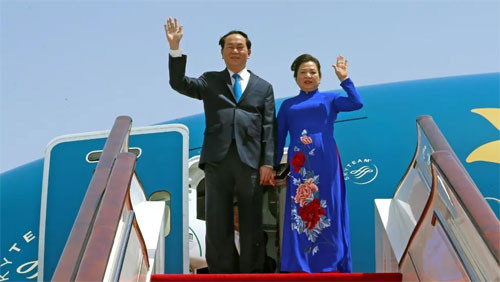 |
| President Tran Dai Quang and his spouse (Image: Thanh Nien) |
The visit aims to strengthen the fine traditional relationship and promote cooperation in various fields between Vietnam and Ethiopia.
The Federal Democratic Republic of Ethiopia is a country situated in the Horn of Africa with a population of nearly 100 million. Despite potential for both industrial and agricultural development, agriculture remains a major part of the Ethiopian economy, accounting for 46% of its GDP.
Ethiopia is known for coffee, cotton, fruits, pepper, sugarcane and timber. The country also boasts Africa’s largest livestock population and the world’s tenth largest, providing meat, milk and leather for the processing industry.
In mid-2015, the Ethiopian government approved the second Growth and Transformation Plan (GTP II), giving priority to industrialisation, urbanisation and investment in infrastructure.
The Ethiopia government is seeking to privatise the banking, insurance and telecommunications sectors, and attract foreign investment in the garment, footwear, agricultural trade and manufacturing sectors.
Ethiopia is a country with great potential in the telecommunications market thanks to having the second largest population in Africa. Considered as a model for economic development in Africa, Ethiopia is the fastest-growing economy in the region, with its income per capita increasing by four times during the 2009-2017 period. The GDP per capita in 2017 stood at US$2,100.
With a foreign policy of peace, friendship and cooperation with all countries, Ethiopia has capitalised on foreign aid to revive and develop its economy. Located at the centre of the Horn of Africa and as a gateway to eastern Africa, Ethiopia houses the headquarters of more than 90 international and regional organisations, including the African Union. The country is also a member of many international and regional organisations such as the World Trade Organisation (WTO) and the Common Market for Eastern and Southern Africa (COMESA).
The fine traditional relationship between Vietnam and Ethiopia has been growing in many fields since the two countries first established diplomatic relations on March 23, 1976. Ethiopia has supported and coordinated with Vietnam in many international forums and endorsed Vietnam’s nomination to the UNESCO Executive Council (2015-2019) and the United Nations Economic and Social Council (2016-2018).
Recently, Ethiopia affirmed its backing for Vietnam’s nomination as a non-permanent member of the UN Security Council for the 2020-2021 term, while Vietnam supports Ethiopia’s nomination to the post of Director-General of the World Health Organisation (WHO).
The fine bilateral relationship has been marked by mutual visits of high-level leaders. The two sides have also signed cooperative documents in the areas of culture, economics, trade, science-technology and investment.
However, the economic relationship remains modest, incommensurate with its potential. The bilateral trade value between Vietnam and Ethiopia in 2017 reached US$11.3 million. Vietnam’s Viettel Group has already established a representative office in the capital Addis Ababa and is planning to expand its investment and the trading of telecommunications and military equipment in the African country.
President Tran Dai Quang’s state visit to Ethiopia aims to boost cooperation in various fields, especially economic, trade and investment cooperation, offering prospects for cooperation between Vietnam and Ethiopia in particular and the African Union in general.
The visit is expected to bring the fine traditional relationship and multi-faceted cooperation between the two countries to a new page, contributing to peace, stability, cooperation and development in the world.

.jpg)

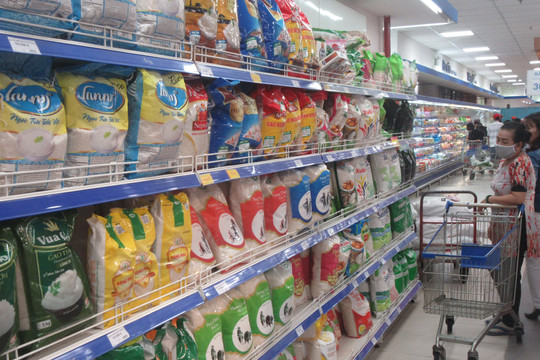
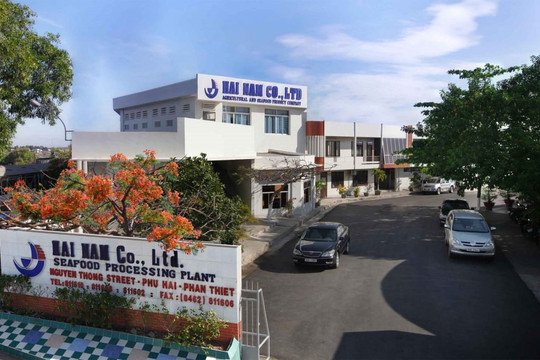




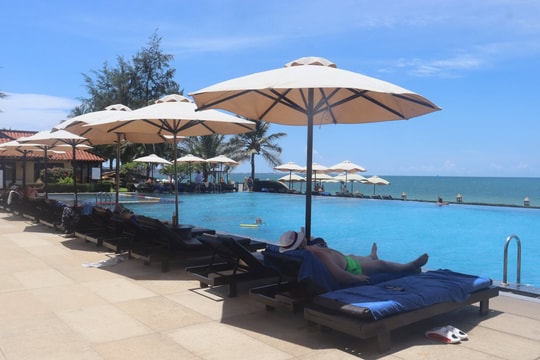

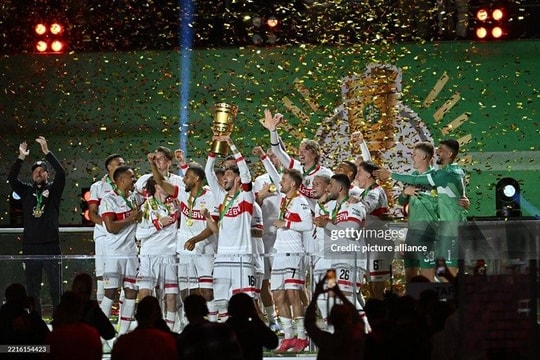

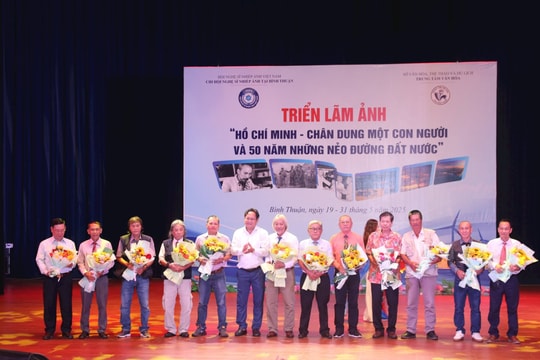


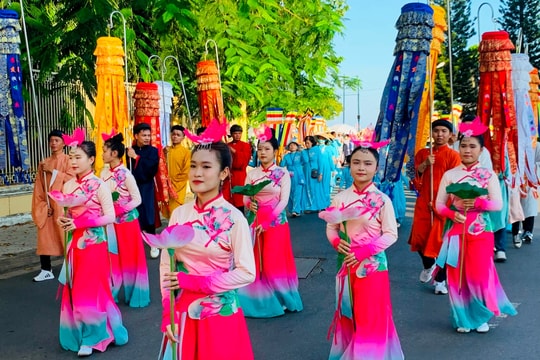



.jpg)


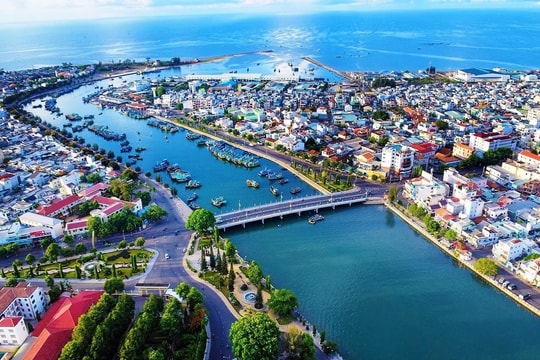


.jpeg)

.jpeg)


.jpeg)


